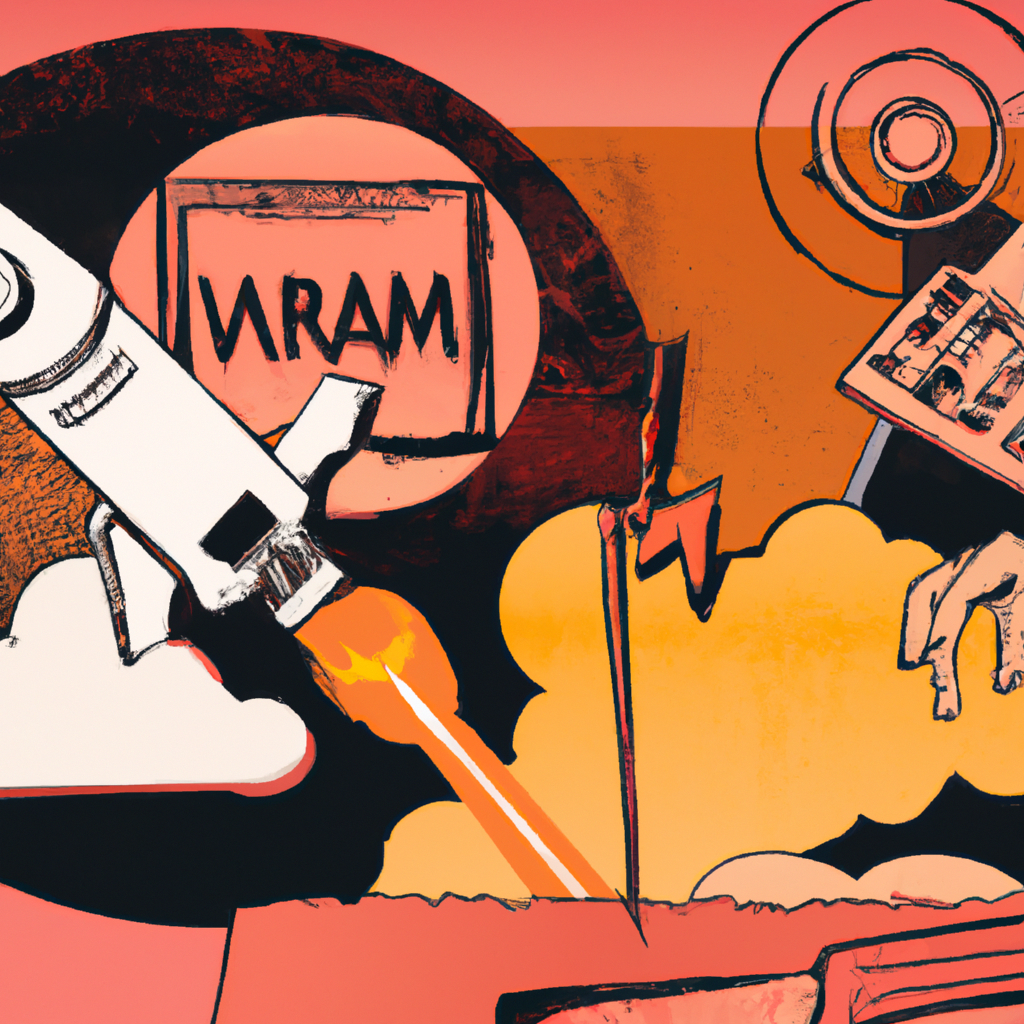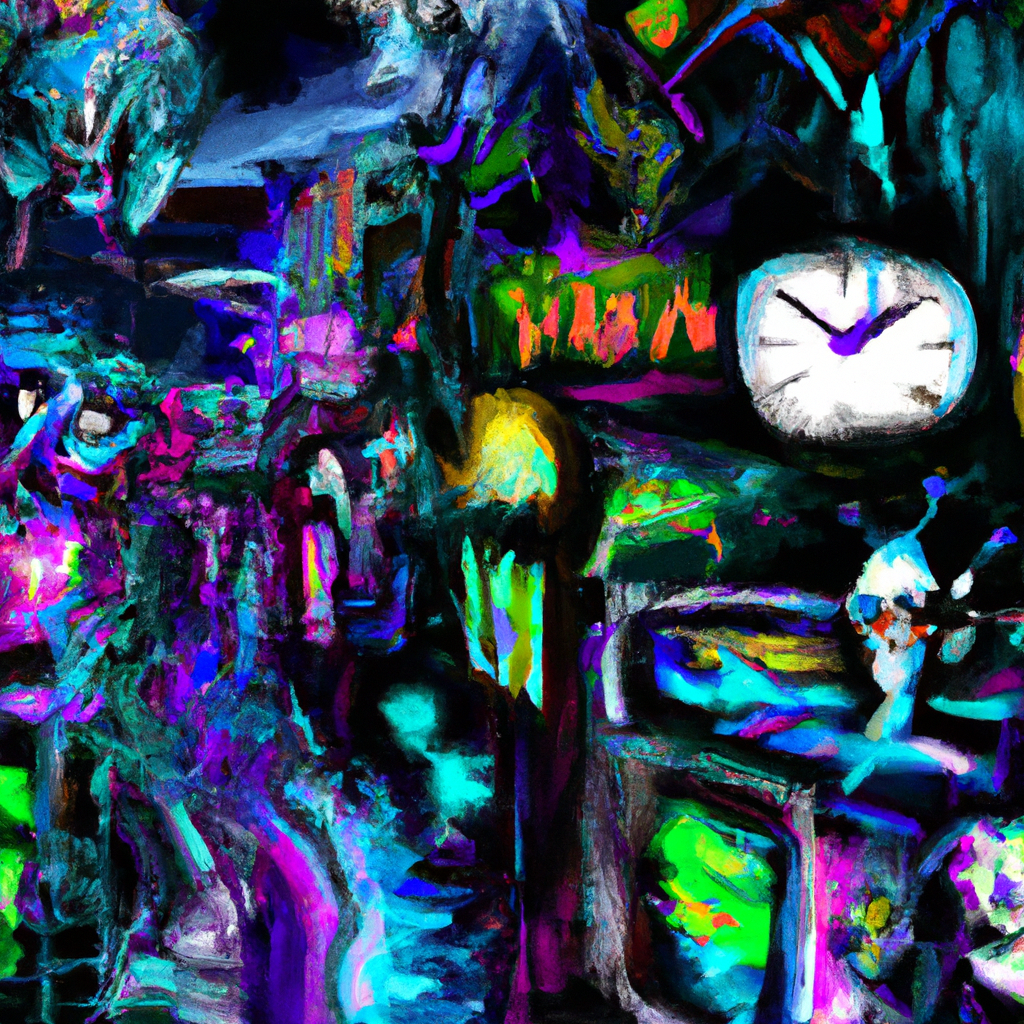Five more years of Conservative government. You probably have an opinion on whether that’s a good or a bad thing for Britain. But what does it mean for the North East?
In short, not a lot. Because our current voting system requires us to elect an entirely new government every five years, securing victory at the next election is a key consideration for both Labour and the Conservatives when making political decisions. Prioritising our region isn’t cost-effective for the Tories, because their chances of winning seats here are so slim. Labour also has little incentive to invest in the North East, given that their winning here is a foregone conclusion. Strategically, both parties are better off focusing their attention on marginal seats which could tip the balance of power in a close election.
The Good:
The word democracy comes from the Greek demo kratis, which literally means ‘people power’. Yet the people of the North East are not politically empowered. Instead, we have become the victims of a voting system in which only the votes of a select few really matter, and it isn’t us. Proportional representation, where the number of seats each party wins is directly proportional to the total number of votes they win nationwide, would secure a better future for the North East. It would bring an end to the political postcode lottery and inequality of influence between different regions, because political parties would have to fight for the support of every single voter in order to maximise their influence in the next Parliament.
The bad:
Unfortunately, shifting to a more democratic voting system like proportional representation is not in the interests of Labour or the Conservatives, who would lose power to smaller parties such as the Greens and UKIP. The issue of electoral reform is therefore likely to remain buried until at least 2020, and in all likelihood much longer. What the Conservatives’ victory means for the North East then, is more of the same – poverty of influence, lack of investment, and growing inequality.














